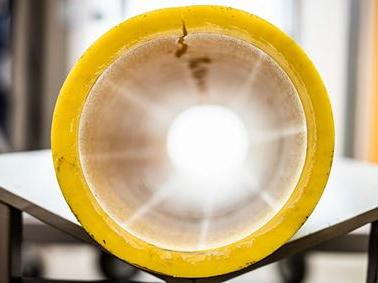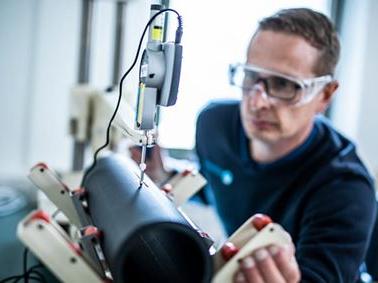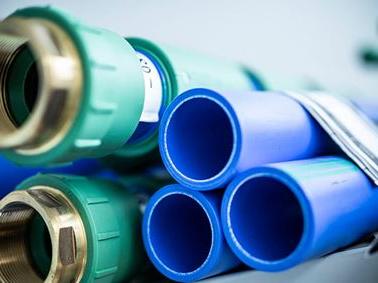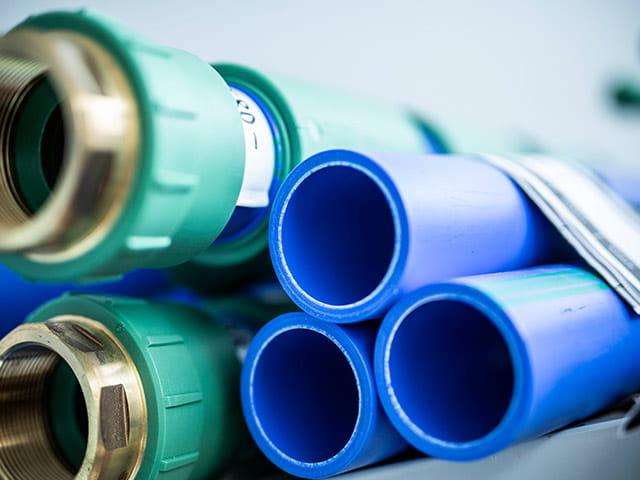ISO 13479 Testing Methods for Slow Crack Growth Resistance and Materials Tested
At Element, our unwavering commitment to providing thorough insights into slow crack growth (SCG) resistance goes beyond standardized testing procedures. We pride ourselves on encompassing a diverse array of materials in our testing methodologies, with the ISO 13479 testing method serving as a linchpin in our Plastic Pipes & Fittings Testing program. This meticulous approach is rigorously applied to polyethylene (PE) and cross-linked polyethylene (PEX) pipes, offering invaluable testing solutions to clients across various industries, including resin manufacturing, pipe extrusion, certification bodies, and utility companies worldwide.
The SCG test is part of Elements global Plastic Pipes & Fittings Testing program, provided to resin manufacturers, pipe extruders, certification bodies and utility companies worldwide, where independent, reliable and reproducible test data is required for product classification and life time evaluation.
Principle and Test Procedure
The fundamental principle underpinning ISO 13479 testing involves subjecting a minimum of three PE or PEX pipes to controlled notching before exposing them to hydrostatic pressure in tap water. The primary metric evaluated is the time to failure under these conditions, providing a robust measure of slow crack growth resistance.
Notching Process
In the notching process, four controlled stress points are strategically introduced on the pipes. This meticulous notching simulates real-world scenarios, allowing for a comprehensive assessment of the material's ability to resist slow crack growth while maintaining structural integrity.
Hydrostatic Pressure Testing
Following the notching process, the pipes undergo hydrostatic pressure testing in tap water, replicating operational conditions. The results, expressed in time to failure, offer a quantitative understanding of how well the material withstands stress over time, providing critical insights into the material's performance.
Material-Specific Standards
ISO 13479 testing is tailored to specific standards for different materials, ensuring a nuanced evaluation across diverse applications. These standards include:
- ISO 4427 and EN 12201: Pertaining to Plastic piping systems – Polyethylene (PE) pipes and fittings for water supply.
- ISO 4437 and EN 1555: Addressing requirements for buried polyethylene (PE) pipes intended for the supply of gaseous fuels.
- ISO 14531: Relating to cross-linked polyethylene (PEX) pipe systems designed for the conveyance of gaseous fuel.
Materials Tested by Element
Element specializes in testing a variety of materials, offering a comprehensive understanding of slow crack growth resistance. Some of the materials we test include:
All testing is performed using tap water at 80°C as test media. The pressures in the table are based on SDR 11 pipes.
|
Material |
PE 80 / PE 100 |
PEX 80 / PEX 100 / PEX 125 |
|
Pressure |
8.0 bar / 9.2 bar |
8.0 / 9.2 / 10.8 bar |
|
Requirement |
> 500 h |
> 5,000 h |
Test Conditions for PE and PEX Materials
Ensuring Comprehensive Insights
By encompassing an array of materials in our testing portfolio, Element ensures that clients receive thorough and customized information, contributing to the longevity and reliability of their PE and PEX pipes in various applications. In conclusion, trust Element for a comprehensive and nuanced approach to slow crack growth testing.
Our globally recognized methodologies, coupled with a diverse materials testing portfolio, empower industries to make informed decisions about the performance and durability of their products. With a commitment to precision and excellence, Element stands as a trusted partner in ensuring the integrity of PE and PEX pipes in real-world applications.
We're here to help. Engage with an expert today.
Our plastic pipes testing facility in Sweden is one of only a handful across the globe with a capacity of 5,000 test stations. We provide independent, reliable and reproducible test data for product classification and life time evaluation. Contact our team to discuss your test projects.
Plastic Pipes Testing Services

Hydrostatic Pressure Testing
Determination of long-term hydrostatic strength for plastic pipes to ISO 9080 (MRS) and ASTM D2837 (HDB).

Chlorine Resistance Testing
Evaluation of oxidative resistance to chlorinated water for PE, PEX, PE-RT, and PP materials to ASTM F2023, ASTM F2263, and ASTM F3497-21.

Rapid Crack Propagation, S4 Test
Determination of resistance to rapid crack propagation to ISO 13477 for PE pressure pipes at below zero temperature.

Slow Crack Growth Test to ISO 13479
Determination of slow crack growth to ISO 13479 on pre-notched PE and PEX pipes

High Flow Circulation Loop Testing
Experimental simulation of pipe life expectancy is affected by bend radius, types of fittings and pipe insulation using flowing water.

Plastic Pipes & Fittings Testing
Our plastic pipe testing program offers test data for product classification and lifetime evaluation to resin manufacturers, pipe extruders and certification bodies worldwide.
